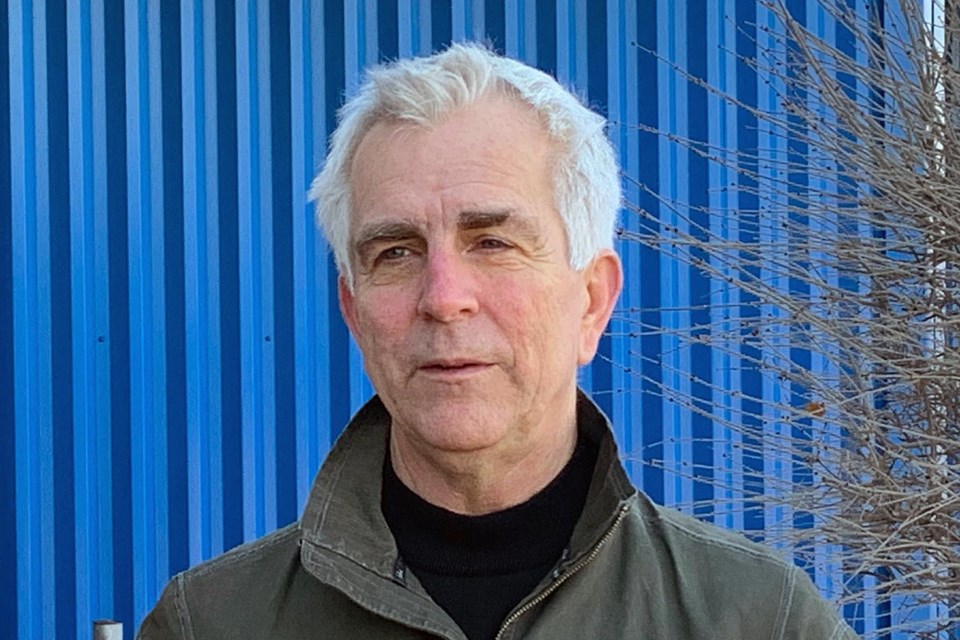THUNDER BAY – Liberal MP Marcus Powlowski said there’s nothing in economic text books anywhere about emerging from a pandemic.
Governments have to be willing to change on the fly, the Thunder Bay-Rainy River representative added, noting the federal Liberals have been listening to the needs of the business community from coast-to-coast and are willing to make adjustments as required.
The latest came on Monday, when Prime Minister Justin Trudeau announced an update to a wage-subsidy plan unveiled last Friday.
The initial plan would boost wage subsidies from 10 per cent to 75 per cent, but would only cover small- to medium-sized businesses.
The new plan has expanded to include large and small companies, not to mention charities and non-profits.
To qualify, companies must show their business revenues have dipped by at least 30 per cent, the prime minister said.
The plan will cover the first $58,700 an employee earns, up to $847 per week, and is backdated to March 15.
Powlowski said his government knows it doesn’t have all the answers, at least not right away, which is why it is willing to pivot when necessary.
This is one of those times.
“The initial wage subsidy was 10 per cent, and a lot of people complained about that being inadequate, including to my office, and we passed that on to the departments that were looking after that,” Powlowski said.
“As a result of that they’ve increased it to 75 per cent and they also broadened who is covered from small businesses to all businesses.”
Charla Robinson, president of the Thunder Bay Chamber of Commerce, on Friday called the initial plan a huge relief to businesses across Canada.
Ottawa is clearly getting the message about the level of support needed to keep jobs in small businesses and to keep small businesses going.
“I think this really signals that really clearly and these are really great announcements to give that boost to small business owners, who were really starting to lose hope and feeling that this is nice, but it’s not enough to help me keep going,” Robinson said.
“This is great.”
The more people that are employed, the quicker the economy can rebound when the COVID-19 pandemic finally ends, while also keeping thousands of people out of the employment insurance queue, which last week topped one million.
“How do you process a million applications in one week? You don’t,” Robinson said. “It’s nice that they’re recognizing that they need to basically blow up the whole system and find a new way to support. By supporting small business, they can support more people staying employed.”
